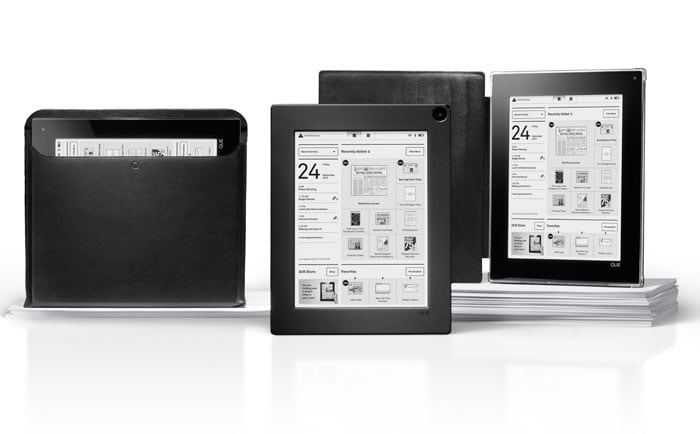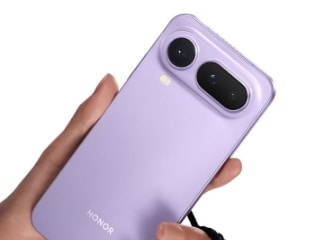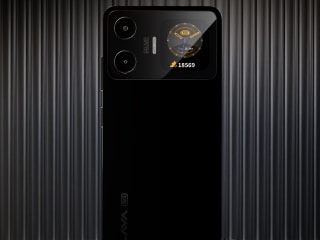Plastic Logic's QUE e-reader
-
 1/7
1/7Plastic Logic's QUE e-reader
Plastic Logic unveiled two QUE proReader models designed for getting work done on the road as well as for reading digitized books
-
 2/7
2/7Plastic Logic's QUE e-reader
"We are going beyond an e-reader product and actually developing a whole new category," Plastic Logic chief executive Richard Archuleta said while holding up a QUE, the size of a legal-size notepad. Plastic Logic billed QUE as an electronic document tool that goes beyond what Kindles and other e-readers have to offer
-
 3/7
3/7Plastic Logic's QUE e-reader
Plastic Logic introduce a proReader with four gigabytes of memory, capable of storing as many as 35,000 documents, with a price of 649 dollars. An eight gigabyte model was unveiled with a price of 799 dollars. Both models can download reading content wirelessly at Internet "hot spots," while the higher end model also connects to the Internet using AT&T's mobile telephone network
-
 4/7
4/7Plastic Logic's QUE e-reader
Plastic logic also launched an online shop at que.com where proReaders can be pre-ordered. Shipping of devices will being in April, according to the California-based firm. Archuleta said QUE is the first of what will be a series of specialised e-readers for students, teachers, health care professionals and other niche markets
-
 5/7
5/7Plastic Logic's QUE e-reader
Touch-screen QUE devices allow users to mark-up and annotate documents as well as work with spreadsheets and other business software. The home pages on QUE devices display Outlook emails and attachments along with downloaded reading material ranging from books to PDF files. A virtual keyboard pops onscreen for working with documents
-
 6/7
6/7Plastic Logic's QUE e-reader
Plastic Logic partnered with top US book seller Barnes & Noble in an online store selling digital reading material for the QUE. QUE complements a Nook e-reader sold by Barnes & Noble because it targets a business market while the Nook is aimed at those that read for fun, according to Kevin Frain, vice president of online commerce at the book seller
-
 7/7
7/7Plastic Logic's QUE e-reader
QUE has a feature for delivery of digital newspapers and magazines and announced it has expanded its media content partnerships to include Forbes, CNBC, and the Wall Street Journal. QUE devices also synch wirelessly to emails and attachments on BlackBerry smartphones that dominate the business market, and can route documents to printers. (AFP)











